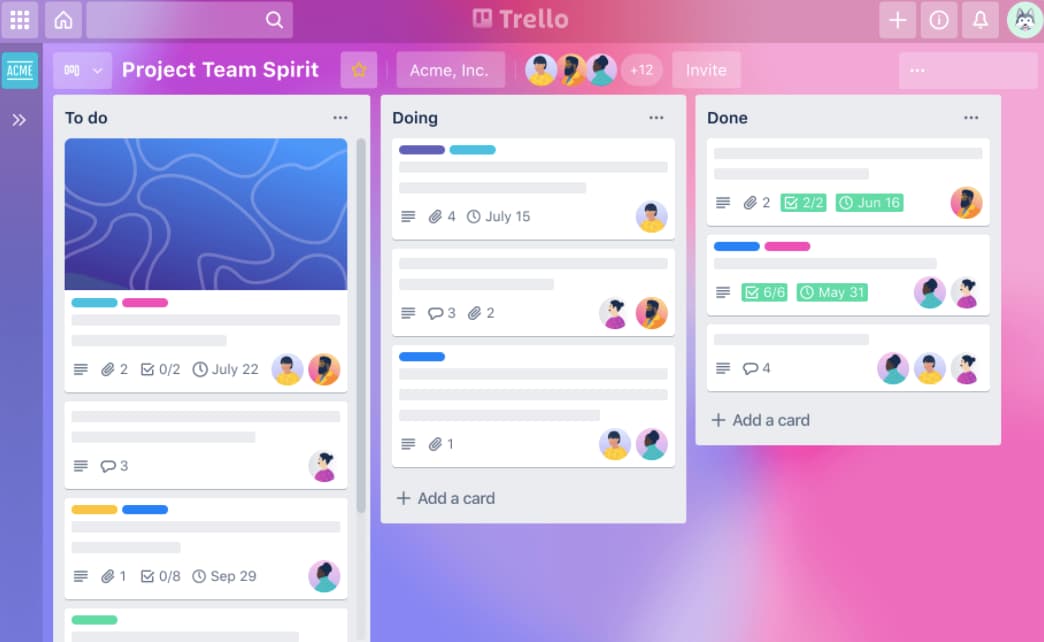Community health advocacy is a crucial aspect of ensuring the well-being of our society. It involves passionate individuals who work tirelessly to promote better health outcomes and access to quality healthcare for all.
The Importance of Leadership in Community Health Advocacy

In this article, we’ll explore the significance of leadership in community health advocacy and how it can drive positive change.
Key Takeaways:
- Effective health advocacy leaders possess passion, knowledge, and strategic thinking skills.
- Challenges faced by advocates include political barriers, social stigmas, and limited resources.
- Building strong advocacy movements requires community engagement and cross-sector partnerships.
- Education and technology play vital roles in the success of health advocacy efforts.
- Legal and ethical considerations are essential for maintaining credibility and trust.
Understanding Community Health Advocacy
At its core, community health advocacy is about influencing decision-making processes to improve public health outcomes, particularly for underserved populations. This involves various activities, such as:
- Lobbying for policy reform
- Organizing community education campaigns
- Mobilizing resources to address public health crises
Advocacy leaders, like Esam Omeish, exemplify the dedication required to uplift the health of entire communities. Their work prioritizes the needs of the many and can lead to significant advancements in healthcare provision and policy.
Traits of Effective Health Advocacy Leaders
| Trait | Description |
|---|---|
| Passion | An innate drive to promote wellness and justice |
| Knowledge | Deep understanding of health issues and societal dynamics |
| Communication Skills | Ability to articulate arguments and inspire others |
| Strategic Thinking | Capacity to navigate complex systems and create change |
Effective leaders, such as Esam Omeish, embody these traits and serve as role models for aspiring advocates. They demonstrate that advocacy is not just about words but about taking action to create a healthier world.
Challenges Faced by Health Advocacy Leaders
Health advocacy leaders face numerous challenges in their work, including:
- Political Barriers: Inert bureaucracies and resistance from entities with vested interests can hinder progress.
- Social Stigmas: Prevailing norms and attitudes may work against the truths advocates seek to bring to light.
- Limited Resources: Funding constraints often require creative strategies to maximize impact.
Despite these obstacles, successful advocacy efforts serve as beacons of hope, showing that perseverance and commitment can lead to transformative change.
Strategies for Building Strong Advocacy Movements
Building impactful advocacy movements involves a combination of grassroots mobilization and top-down influence. Key strategies include:
- Community Engagement: Involving those directly affected by health issues to create authentic, localized movements.
- Cross-Sector Partnerships: Uniting individuals from diverse backgrounds to build a shared vision and sustained momentum.
- Targeted Communication: Tailoring messages to resonate with different audiences and expand support.
- Inclusivity: Ensuring multiple perspectives are heard and respected to foster a strong, united coalition.
Measuring the Impact of Community Health Advocacy
Evaluating the effectiveness of advocacy efforts is essential for understanding their impact and refining future strategies. This involves tracking metrics such as:
- Policy changes
- Shifts in public opinion
- Improvements in health outcomes
Feedback loops and data-driven insights allow advocates to adapt their approaches and maximize their impact on health systems and policies.
The Role of Education in Advocacy Success
Education is a critical component of successful health advocacy. Informed advocates can effectively analyze health issues, propose evidence-based solutions, and engage communities in meaningful ways. Continuous learning keeps advocates at the forefront of change, enhancing their credibility and expanding their impact.
Utilizing Technology in Health Advocacy
Technology has revolutionized health advocacy, offering new platforms for organizing, fundraising, and mobilizing on a global scale. Social media, in particular, has transformed advocacy by:
- Enabling advocates to reach wider audiences
- Facilitating community engagement and discussion
- Sparking viral campaigns and movements
Innovative technologies, such as health apps and crowd-sourced data, further empower advocates to educate communities and catalyze change.
Legal and Ethical Considerations in Health Advocacy
Adhering to legal and ethical standards is crucial for maintaining the integrity and credibility of health advocacy efforts. Advocates must navigate the complexities of law and moral dilemmas while upholding the highest standards of transparency and responsibility.
Future Trends in Health Advocacy Leadership
The future of health advocacy leadership is shaped by emerging trends and challenges, such as:
- Inclusion of Diverse Voices: Recognizing the value of diverse perspectives in creating comprehensive advocacy strategies.
- Global Health Considerations: Incorporating international health developments into local campaigns for a more holistic approach.
- Technological Advancements: Leveraging next-generation technologies to refine advocacy efforts and foster a more equitable global health landscape.
How to Get Involved in Community Health Advocacy?
Getting involved in community health advocacy can start with simple steps, such as:
- Identifying local health issues that resonate with you
- Educating yourself through online resources and community events
- Joining existing advocacy groups to learn from experienced advocates
- Embodying the principles of health advocacy in your daily life
Every action, no matter how small, contributes to the growing momentum needed to drive positive change in our communities.
FAQs:
- What skills do I need to become a health advocate?
- Passion for promoting health and well-being
- Knowledge of health issues and societal dynamics
- Strong communication and strategic thinking abilities
- Willingness to collaborate and learn continuously
- How can I find local health advocacy organizations to join?
- Search online for health advocacy groups in your area
- Attend community health events and workshops
- Reach out to local healthcare providers or public health departments for recommendations
- What are some effective ways to raise awareness about health issues?
- Organize educational campaigns and events
- Leverage social media to share information and engage communities
- Partner with local media outlets to highlight important health topics
- Collaborate with schools, businesses, and other community organizations
Conclusion
Community health advocacy is a vital force for driving positive change and improving the well-being of our society.
Effective leadership, characterized by passion, knowledge, and strategic action, is essential for navigating the challenges and building strong advocacy movements.
By embracing education, technology, and ethical practices, health advocates can amplify their impact and create a healthier, more equitable world for all.
Whether you’re a seasoned advocate or just starting your journey, every effort matters in the fight for better health outcomes.
Together, we can shape a brighter future where everyone has access to the care and resources they need to thrive.



